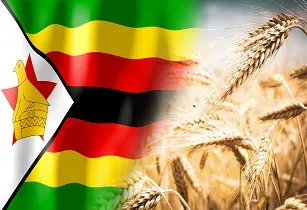The United Nations World Food Programme (WFP) has rolled out resilience building activities with support of the Government of Japan to boost food security and improve the livelihoods of nearly 9,000 people in Chiredzi district, in southern Zimbabwe
The funding, a US$900,000 contribution coming at a critical time, will help WFP to provide food assistance while at the same time stimulating local development through the construction of small-scale infrastructures such as small dams and nutrition gardens, the provision of training for farmers in agriculture and income-generation activities such as poultry and beekeeping, as well as land reclamation activities.
“We are working with communities to transform rural areas, improve incomes for farmers and provide financial safety nets. Our goal is to ensure food security even for the future, and to do so, we would like agriculture to remain both an attractive and a viable option for the next generation,” said Francesca Erdelmann, WFP’s country director in Zimbabwe.
Mindful of the multiple risks that people and ecosystems face, WFP brings together investments in infrastructure, insurance and financial inclusion for farmers and connects smallholder production to value-added food markets. This contributes to sustainable rural livelihoods and enhances protection against acute climate shocks, such as droughts or cyclones.
WFP’s community resilience initiatives combine two climate risk mitigation strategies to assist the people: better natural resource management through enhanced agricultural techniques to assure ongoing food production and diversifying their livelihoods to withstand climate shocks. In 2023, WFP will support more than 110,000 people through this integrated approach to rural resilience-building across the country.





